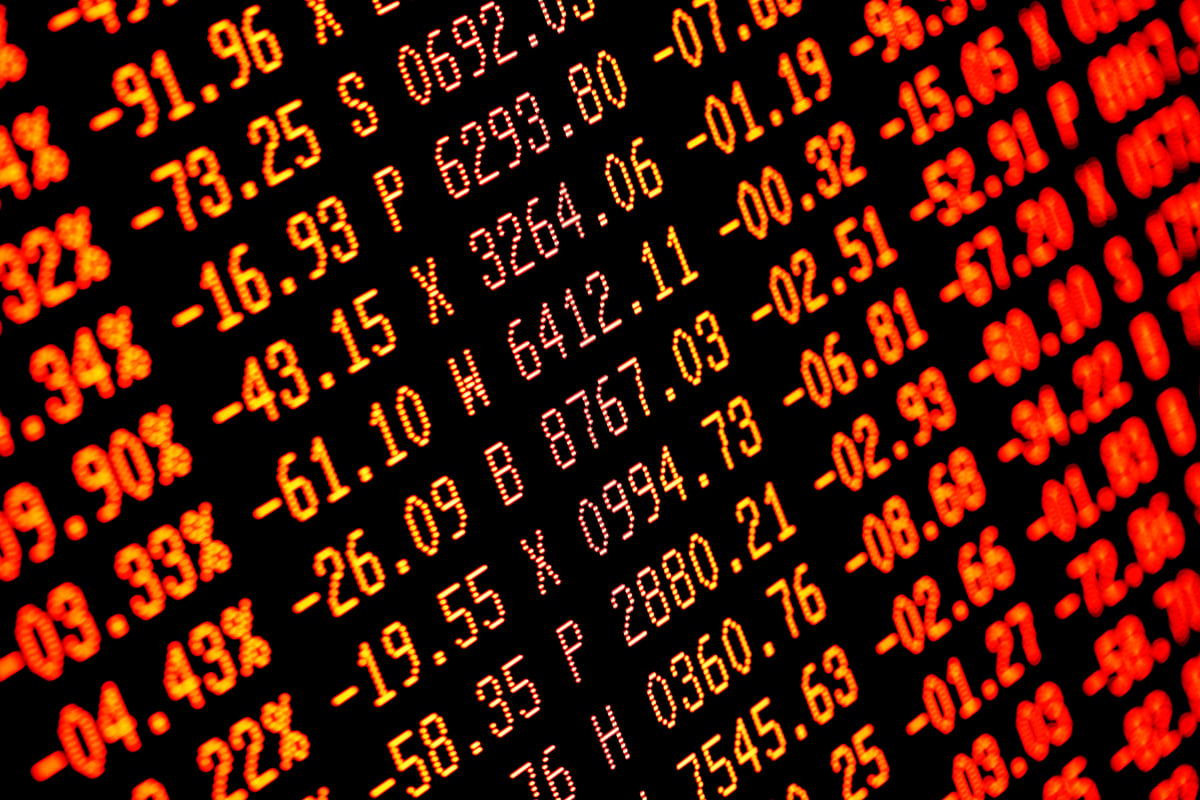Dividend stocks generally aren't as exciting as growth stocks, but the right ones can generate stable long-term returns that outperform the broader market. Here are eight facts investors should keep in mind when seeking out reliable income stocks.
1. Market crashes create "accidental" high yielders
Dividend yields can soar when stock prices plunge. When that happens, investors should look for high-yielding stocks that were unfairly tossed out with the broader market.
For example, packaged foods giant General Mills (GIS +1.88%) currently pays a 3.3% yield. However, the market crash in late 2018 briefly boosted that yield above 5%. Investors who bought General Mills during the crash profited from both the dividend and the stock, which has since rebounded nearly 60%.

Image source: Getty Images.
2. High yields can raise red flags
Investors often gravitate toward the dividend stocks with the highest yields. However, companies with historically high yields could also be suffering from fundamental problems that are throttling their earnings growth.
Those troubled companies could cut or suspend their dividends, making them high-yield traps instead of "accidental" high yielders.
3. A company's free cash flow feeds its dividend
The payout ratio, or the percentage of a company's earnings per share allocated to dividends, is often used to measure a dividend's sustainability. If that ratio exceeds 100%, the dividend might need to be cut.
However, stock buybacks can inflate a company's EPS. Therefore, the cash dividend payout ratio, or the percentage of a company's free cash flow (FCF) spent on dividends, usually presents a clearer picture of a dividend's sustainability.
General Mills, for example, spent 56% of its EPS and 48% of its FCF on its dividend over the past 12 months -- which indicates it has room for future dividend hikes.
4. Debt takes priority over dividends
Many companies recently suspended their buybacks and dividends as the COVID-19 crisis throttled their cash flows. Some of these companies were shouldering significant amounts of debt -- and those interest and principal payments take precedence over buybacks and dividends.
Disney (DIS 0.22%) recently suspended its semi-annual dividend for the first half of 2020, as the pandemic shut down its theme park and movie businesses. It will save $1.6 billion by doing so -- and some of that cash will likely go toward making interest and principal payments on its $42.8 billion in term debt.

Image source: Getty Images.
5. It's tough to become a Dividend Aristocrat
Dividend Aristocrats are members of the S&P 500 index that have raised their dividends annually for at least 25 years. Companies that maintain that streak generally have stable core businesses, wide moats, and robust cash flows. They also kept paying their dividends through brutal market downturns like the Great Recession.
Well-known Dividend Aristocrats include AT&T (T +2.02%) and Johnson & Johnson (JNJ +1.02%), which have raised their dividends for 35 and 57 straight years, respectively.
6. Cyclical stocks can easily wipe out dividend gains
Income investors should be wary of cyclical sectors like big oil and precious metals. These stocks might sport beefy yields, but buying them at the peak of a multi-year cycle can easily wipe out your dividend gains.
ExxonMobil's (XOM +3.85%) stock tumbled more than 40% over the past 12 months, as a supply glut, price war, and the pandemic crushed oil prices. Anyone who bought the stock for its 4% yield a year ago likely regrets that decision today.
7. Dividends aren't always better than (responsible) buybacks
Many income investors likely prefer dividends to buybacks. However, buybacks that are well-timed and responsibly deployed (i.e. not used to offset dilution from big stock bonuses) can also effectively boost a stock's long-term value.
One such example is Texas Instruments (TXN +0.09%), which has reduced its share count by 46% since 2004. Its stock price has surged over 280% since the beginning of 2004, so its buybacks were well-timed and boosted its EPS. TI also still pays a decent forward yield of 3.2%, and it's raised that payout for 16 straight years.
8. Investors should always DRIP their dividends
Investors should always enroll their dividend stocks in DRIP (dividend reinvestment plans), which automatically purchase additional shares with the dividend payments. These payments are still taxable, but they don't incur additional brokerage fees. Some companies even allow DRIP shares to be purchased at discounts to the market price.
Reinvesting dividends allows investors to gradually build up larger positions via dollar-cost averaging -- or buying more shares when a price is low, and fewer shares when a price is high -- and then compound those returns over time.
The long-term differences can be staggering. General Mills' stock price rose nearly 70% over the past decade, but its total return -- which includes reinvested dividends -- grew more than 130%. AT&T's stock price rose just 15% during the same period, but its total return roughly doubled.
The bottom line
Dividend stocks might seem dull for investors with short attention spans, but they can generate massive returns over the next few decades. Staying the course and remembering these eight simple rules can separate the winners from the losers and boost your long-term gains.











